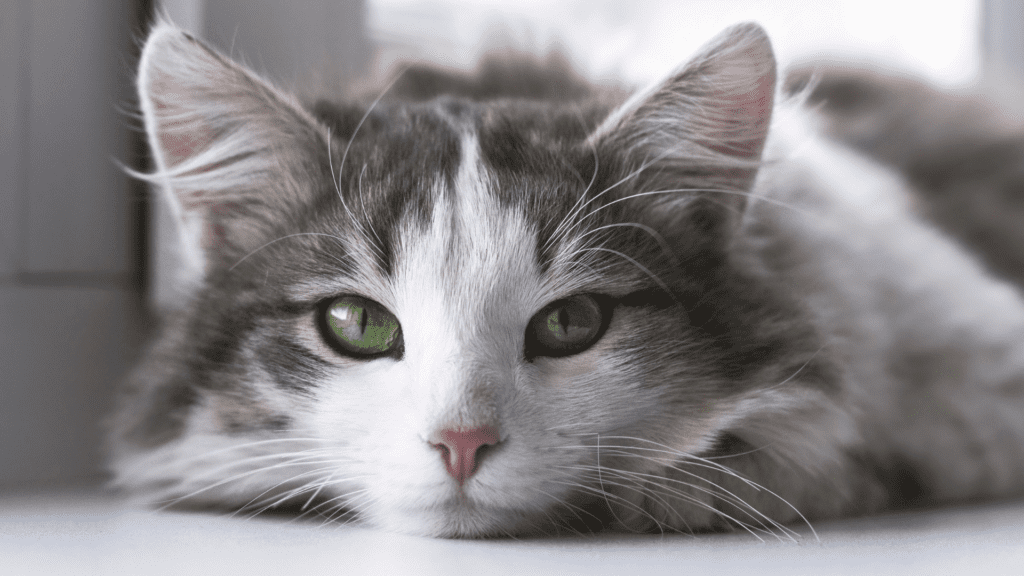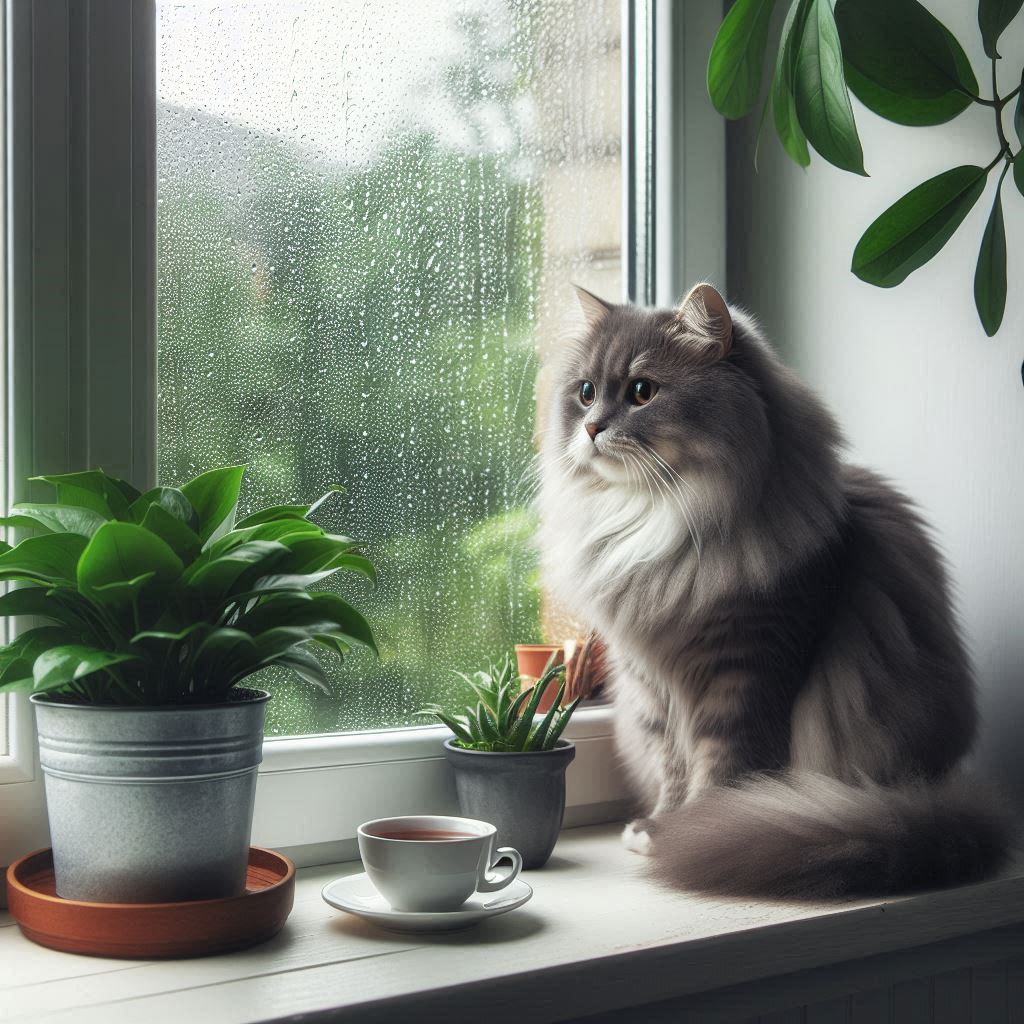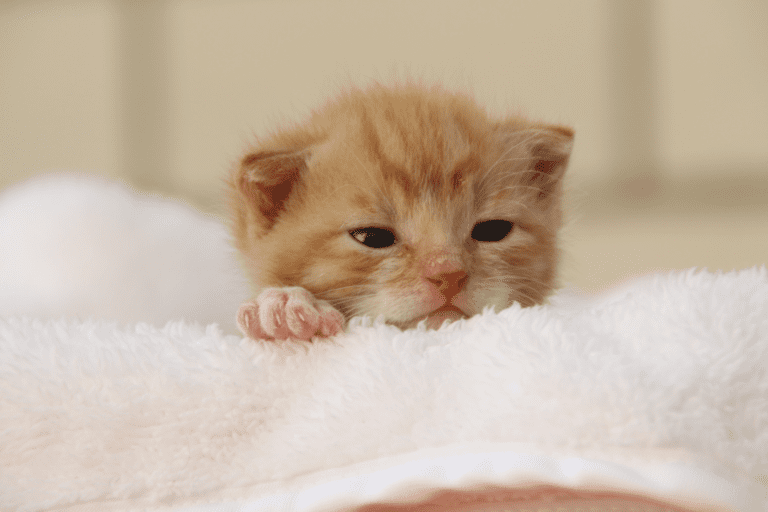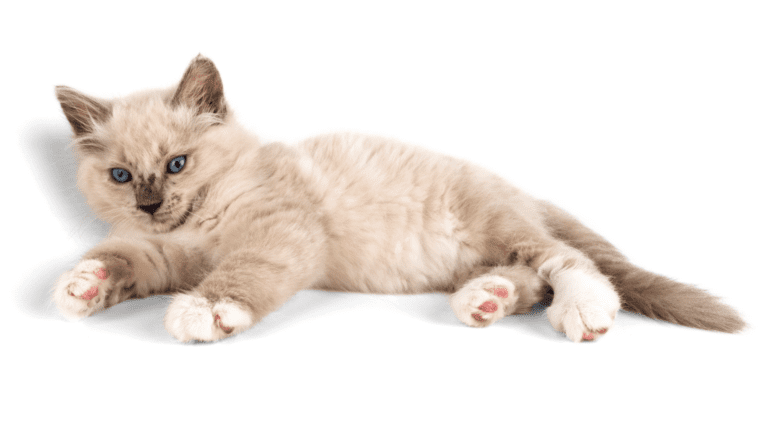5 Signs Your Cat May Be Stressed

The well-being of our feline friends is a priority for any cat owner. However, just like humans, cats can also suffer from stress, which can negatively affect their health and behavior. Recognizing the signs of stress in cats is essential to ensure they receive the care and attention they need.
In this article, we will present five clear signs that a cat may be stressed. Knowing these signs can help you promptly identify and address any issues, promoting a healthier and calmer environment for your four-legged companion.
1. Changes in Behavior
- Aggressiveness: When a cat becomes more aggressive, attacking people or other animals without apparent reason, it can be a sign of stress. It’s important to observe these behavioral changes and seek veterinary advice to understand and address the problem. 🐾🐱
- Isolation: If the cat hides more than usual and avoids interaction with people and other animals, this may indicate that it is feeling threatened or unwell.
2. Changes in Grooming Habits
- Excessive Licking: Besides licking excessively, the cat may cause hairless patches or sores on its skin due to this behavior. This can be a sign of anxiety, allergies, or skin problems. It’s important to observe and seek veterinary advice if this occurs frequently. 🐾
- Neglect: In addition to not grooming regularly, the cat may develop dirty and matted fur. This can happen for various reasons, such as health problems, obesity, or difficulty reaching certain areas of the body. It’s important to monitor and maintain your feline’s hygiene to avoid complications. 🐱✨
3. Eating Issues
- Loss of Appetite: When a cat is stressed, it may eat less than usual or even stop eating altogether.
- Overeating: In some cases, stress can lead the cat to eat compulsively.
4. Litter Box Behavior
- Elimination Outside the Box: The cat may start urinating or defecating outside the litter box, even if it’s clean, indicating possible discomfort or stress.
- Change in Frequency: Your cat may start using the litter box more or less frequently than usual, signaling potential health issues or stress.
5. Physical and Health Changes
- Excessive Vocalization: The cat may meow more than usual, with loud and persistent meows, often during the night or at unusual times, indicating stress.
- Lethargy: It may appear tired and uninterested in playing or moving, spending most of the time lying down and avoiding interactions.
- Digestive Issues: Vomiting or diarrhea may occur as a response to stress, and the frequency of these symptoms may increase significantly.
Identifying these signs early and taking steps to reduce your cat’s stress is essential for maintaining their health and well-being. If symptoms persist, consult a veterinarian for professional guidance.
Measures to reduce your cat’s stress

To reduce your cat’s stress, you can follow some tips and techniques that help improve the animal’s well-being. Here are some suggestions:
- Quiet Environment: Create a calm and safe space where the cat can retreat. Avoid loud noises and excessive movements.
- Consistent Routine: Maintain a daily routine for feeding, playtime, and rest. Cats appreciate predictability.
- Toys and Stimulation: Provide varied and interactive toys. This helps mentally and physically stimulate the cat, reducing stress.
- Scratching Posts: Have scratching posts available. Scratching is a natural and relaxing activity for cats.
- Feline Pheromones: Use synthetic pheromone diffusers, such as Feliway. They help create a more relaxing environment.
- Environmental Enrichment: Add shelves and hiding spots so the cat can explore and feel secure at different heights.
- Gentle Interaction: Spend quality time with your cat, but respect their space. Don’t force physical contact if they don’t want it.
- Proper Nutrition: Offer a balanced diet tailored to your cat’s needs. Quality nutrition contributes to overall health and well-being.
- Veterinary Care: Consult a veterinarian to rule out any health problems that may be causing stress and for additional guidance.
- Hygiene and Cleanliness: Keep the litter box clean and in a quiet location. Cats are very sensitive to cleanliness.
Implementing these strategies can significantly help reduce your cat’s stress, promoting a healthier and happier environment. If you want to know if your cat is happy, you can read the article “5 Signs That Your Cat is Happy”.


